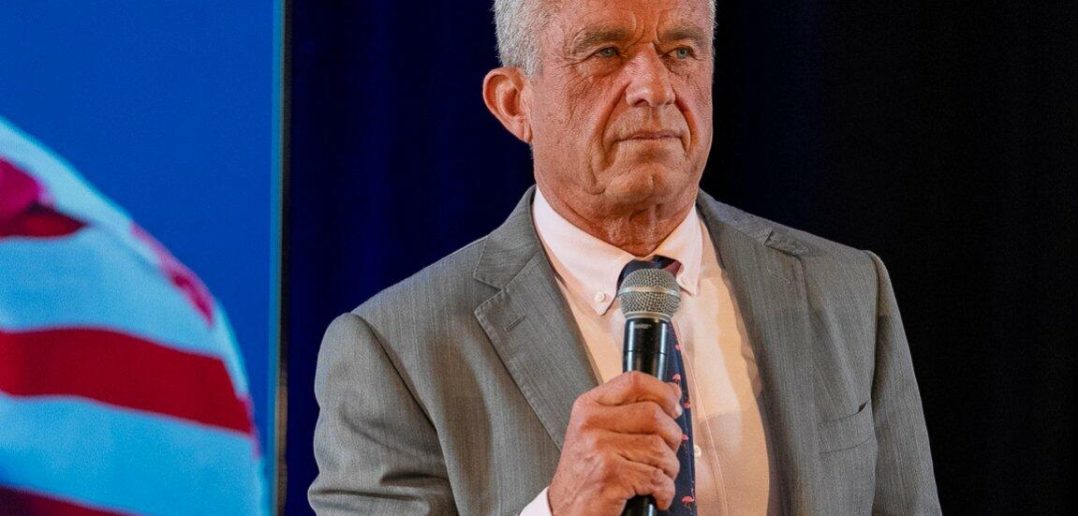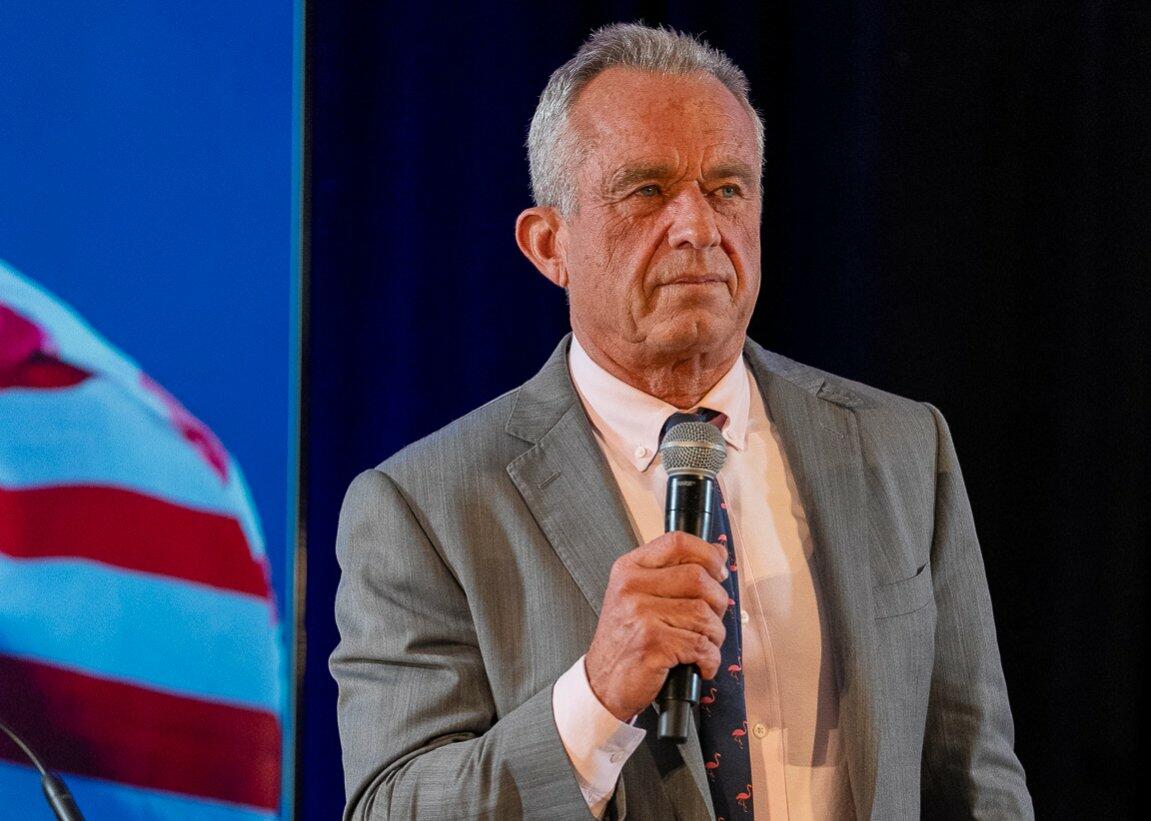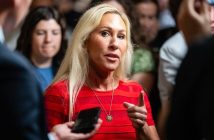Authored by Lee Fang via RealClearInvestigations,
America’s most famous fast-food fan may be an unlikely candidate to make America healthy again, but Donald Trump seems willing to tackle the eating habits that have led to skyrocketing rates of obesity. The junk food industry is not lovin’ it.
RealClearInvestigations has learned that representatives of companies that make snack foods, sugary beverages, and cooking oils are already meeting to discuss how to thwart the reform agenda of Robert F. Kennedy Jr., the former consumer rights attorney Trump has said he will nominate to lead the Department of Health and Human Services. Their response provides an early example of what experts predict will be a massive effort by D.C. lobbyists to position their clients in response to Trump’s pledge to change how Washington does business.
Although much of the early criticism of Kennedy’s nomination has focused on his skepticism regarding some vaccines, the nominee is a longtime critic of the food industry, which he says is a leading contributor to America’s obesity epidemic. In recent months, he has called for a crackdown on food additives, limits on certain crop protection chemicals, stronger guidelines regarding what he says are conflicts of interest among regulators and business, and a review of any substance causing, what he argues, Americans to be “mass poisoned by big pharma and big food.”
Kennedy’s nomination sets up what may turn out to be the biggest reversal between the first Trump administration and the second. The last time around, Trump’s appointees, acting in deference to traditional business interests, moved to reverse regulations on neurotoxic insecticides and added delays to updates for school lunch nutritional standards.
In videos that have gone viral this year, Kennedy has singled out ultra-processed food as a priority for what Kennedy has called his “Make America Healthy Again” (MAHA) agenda. In one video devoted to the potential dangers of Yellow 5 food dye, Kennedy stands before a table with Doritos chips and Cap’n Crunch cereal and claims the ingredients used in such products are one reason more than 40% of American adults are classified as obese by the Centers for Disease Control and Prevention. The dye, also known as tartrazine, has been linked to behavioral problems in children and other health risks. The European Union requires child warning labels for products with tartrazine.
Kennedy has made similar arguments about the widespread use of seed oils – including those from corn, soybeans, sunflowers, and peanuts – especially in highly processed foods. Research suggests that high levels of seed oils, rich in polyunsaturated fat, can cause inflammation. America’s overreliance on seed oils in fast food and snack products, Kennedy claims, is a major overlooked factor in the health crisis.
Food industry leaders began sounding the alarm even before the election. In October, Invariant, a powerful government relations firm that advises many food companies on how to shape policies in Washington, D.C., warned clients of Kennedy’s growing sway over Trump and the Republican Party.
“Increasing number of voices on the right target the food industry,” an October memo stated, which went out to clients that include McDonald’s and America’s largest candy makers. The lobbyists warned that Kennedy’s MAHA movement “had gained increasing momentum among conservative figures who have taken a more vocal interest in the way food is produced and regulated.”
Those initial alarm bells have become a siren among snack food makers and agribusiness representatives, according to records obtained by RCI. Last Friday, lobbyists for major processed food producers huddled over Zoom to discuss the rise of MAHA and how best to handle Kennedy’s recently announced nomination.
Danielle Beck, a participant on the call who represents PepsiCo, makers of Doritos and Cap’n Crunch, and the Corn Refiners Association, a trade group for the largest producers of corn-based seed oils, noted that Congress could limit Kennedy’s abilities.
The “traditional agriculture and food stakeholders,” Beck noted, “might look to leverage, you know, the appropriations process” to curb what Kennedy is allowed to “initiate or implement.”
Congressional appropriators often use the annual funding process to limit federal authorities. In 2010, under sway from industry sources, the House Appropriations Committee inserted a provision into federal funding that forced tomato paste on frozen pizzas to be counted as a vegetable under dietary regulations.
The lobbyists noted that Kennedy’s lengthy set of demands could also be exploited to stymie his overall agenda. “If RFK Jr. is focused on twenty different things, chances of success are likely limited,” observed Ken Barbic, another Invariant lobbyist representing processed foods firms and farming interests.
Continue Reading: zerohedge.com






Leave a Reply